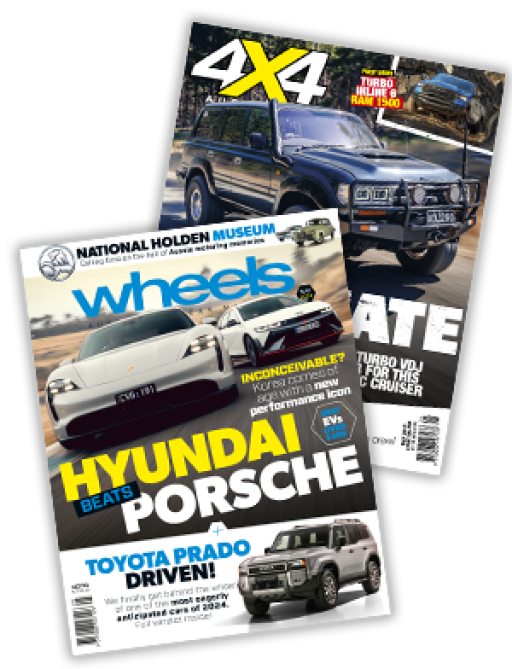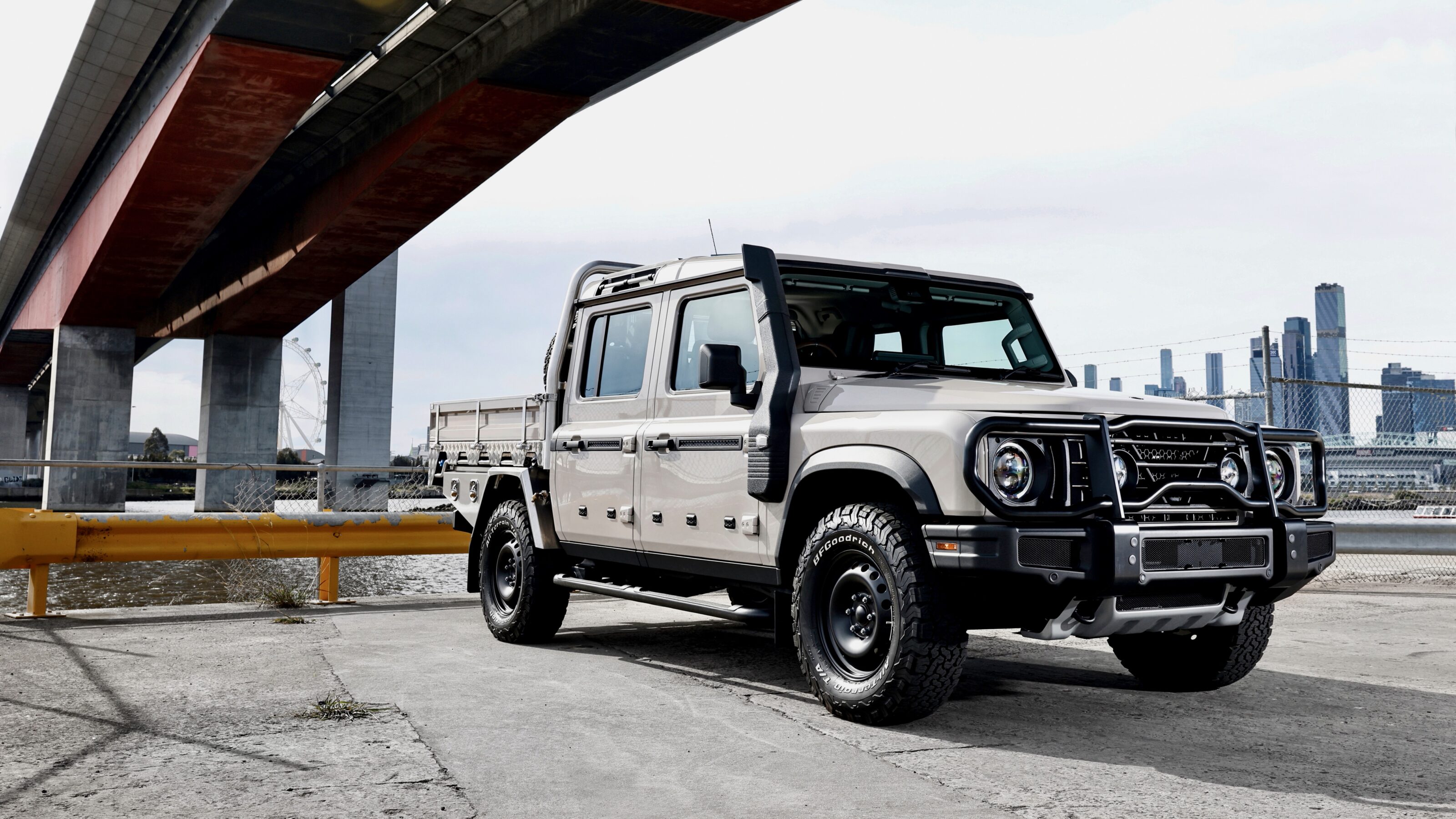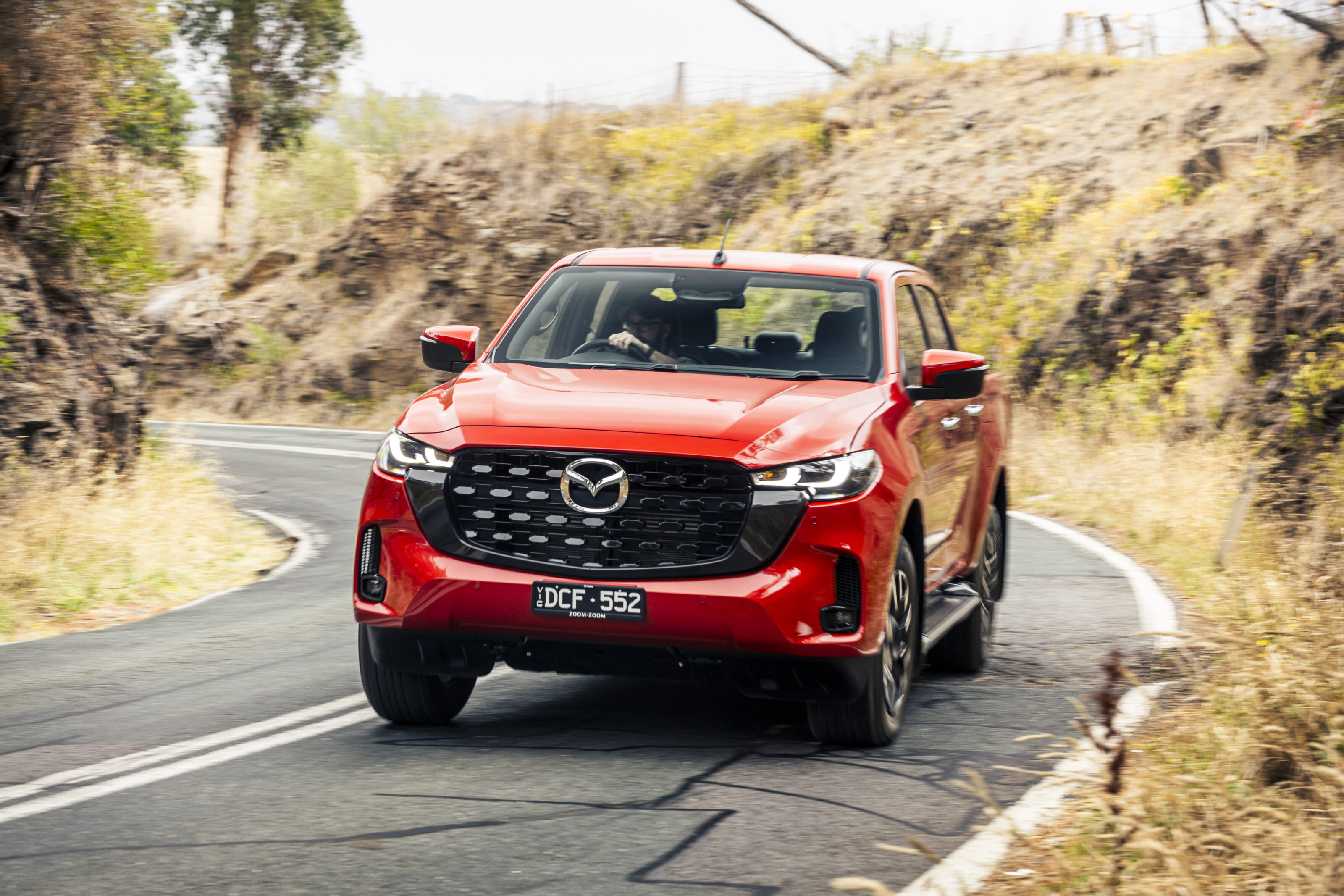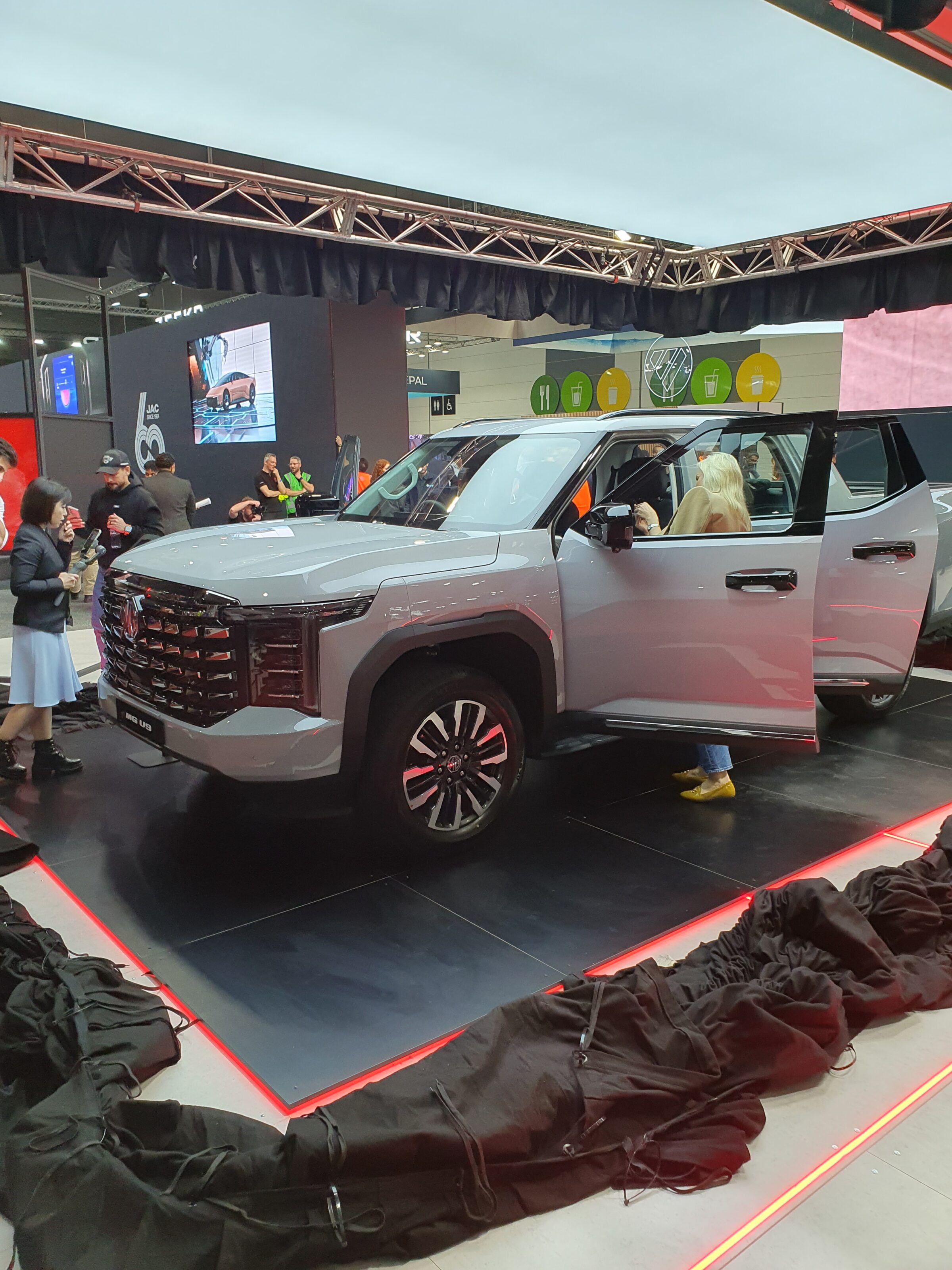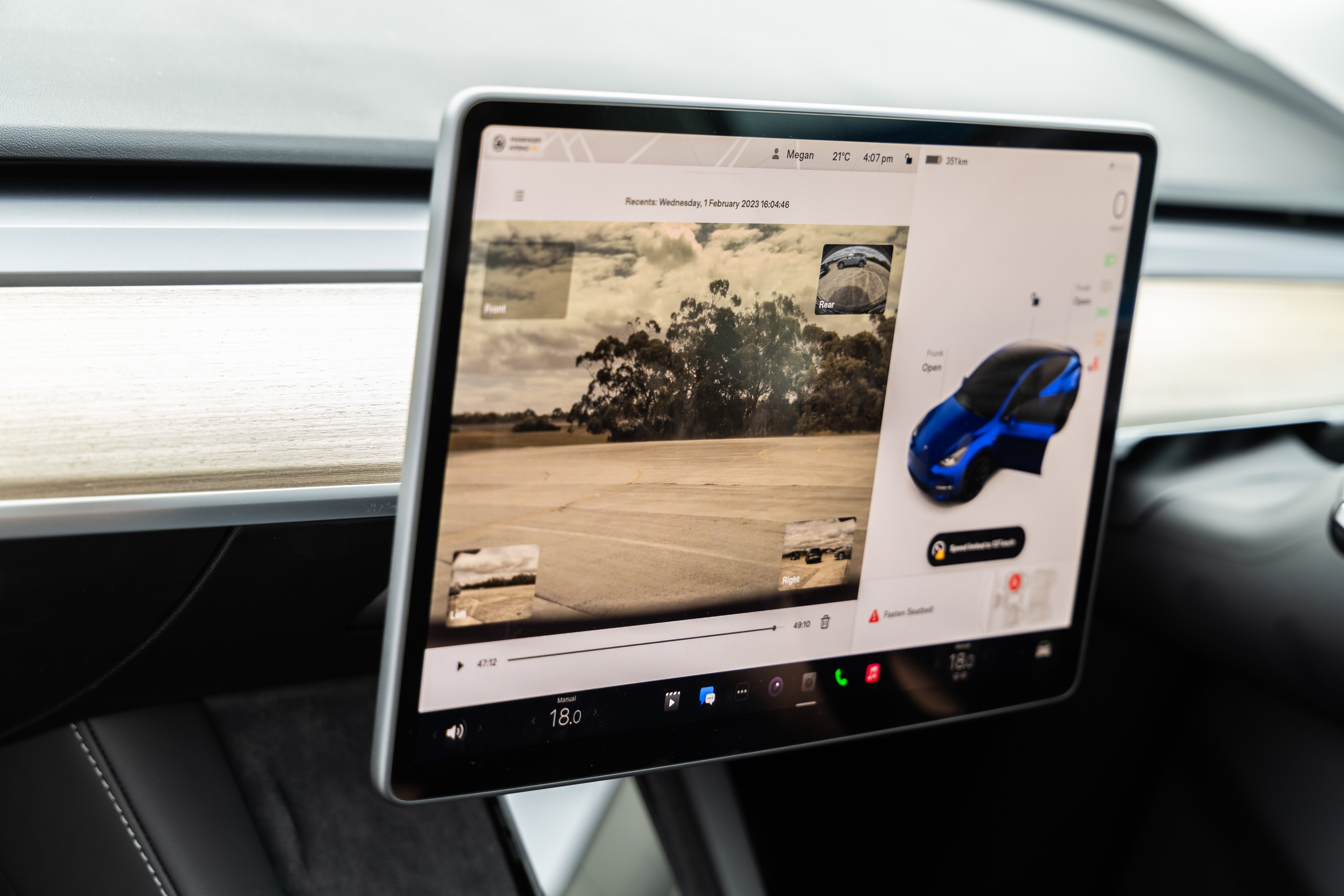
Snapshot
- Tesla outlines data privacy policy for its high-tech electric vehicles
- Emphasises most data is stored and processed locally, some anonymised
- Pervasive data harvesting a growing issue in auto industry
Tesla is attempting to allay emerging concerns over privacy as its cars become more technology-laden with cameras, sensors and software algorithms.
The American electric vehicle company outlined its commitment to data privacy and protections that “go beyond industry standards” with the launch of a new webpage and support site.
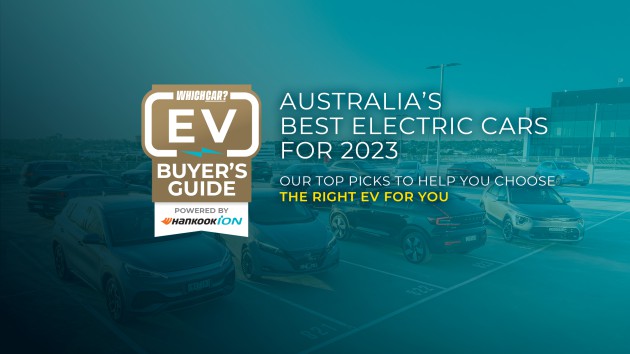
Australia’s best electric cars for 2023
We’ve tested nearly every EV below six figures in Australia to rank the best on sale today
It promises never to sell or rent owner data to third-party companies, only review anonymised data collected from its vehicles, and process data locally in the vehicle.
By default, the data generated from driving and ‘Autopilot’ safety assistance systems is not linked to the owner (unless a ‘safety event is detected’), Tesla can’t monitor the vehicle location, and Sentry mode and dash cam features are opt-in rather than being stored on Tesla servers.
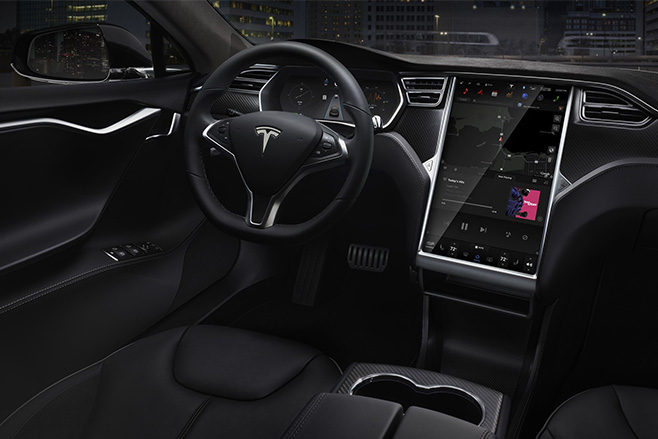
What data does Tesla collect and where does it go?
Similar to most modern new cars, the Tesla Model 3, Model Y, Model S, and Model X contain all-round exterior cameras (plus an interior camera for the latest models), microphones, battery-management algorithms, and are internet-connected to allow touchscreen, smartphone app, and over-the-air software update functionality.
Tesla owners can adjust the privacy settings, request a copy of the data, and review the privacy notice within the vehicle touchscreen or via their Tesla account.
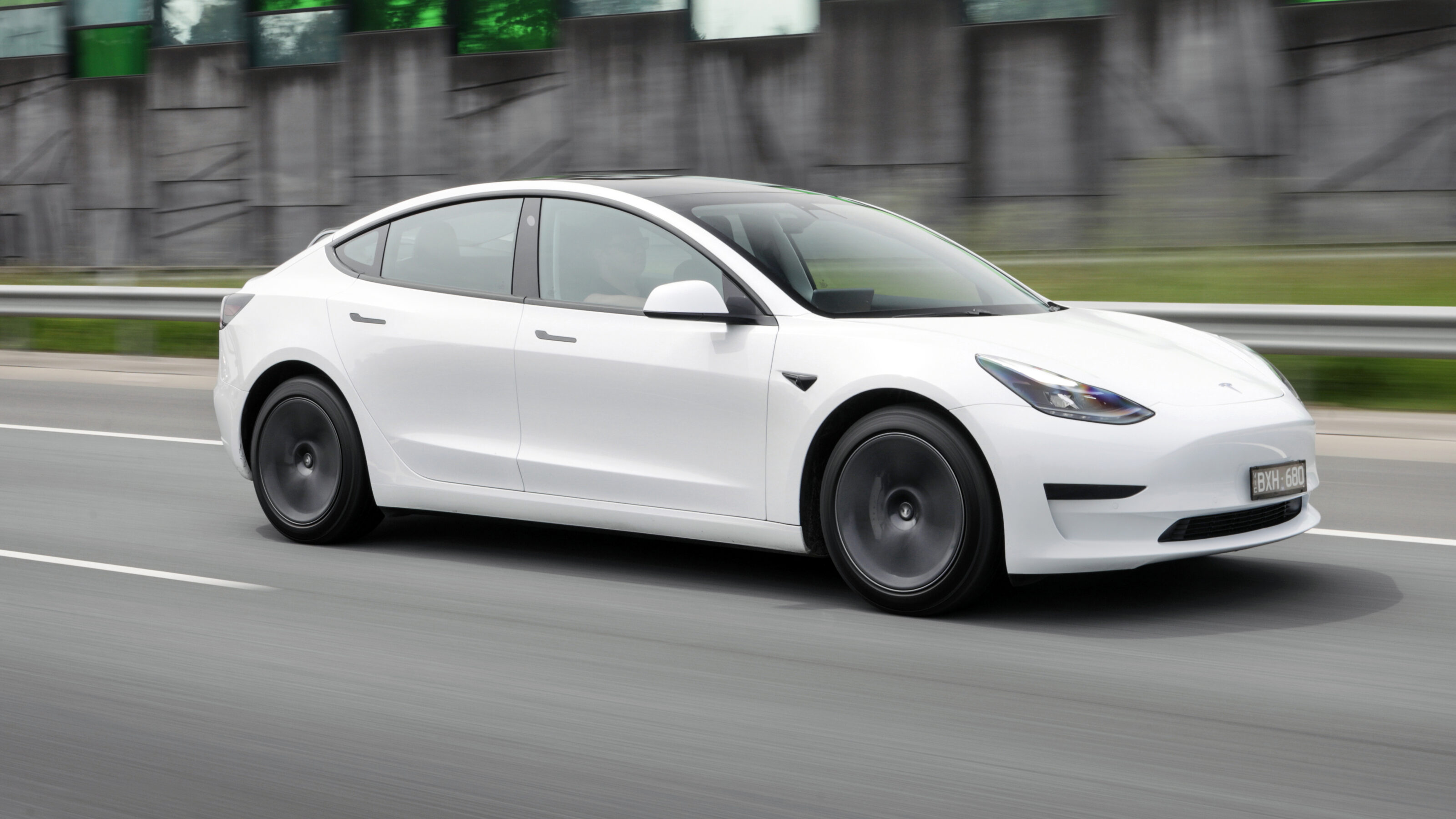
Tesla data privacy policy
| Locally processed in-vehicle | Shared with Tesla, but anonymised | Shared with Tesla and associated with owner account | |
|---|---|---|---|
| Sentry mode camera recordings | Yes | No | No |
| Dash cam recordings | Yes | No | No |
| Cabin camera data | Yes | Opt-in u2013 via data sharing setting | Yes u2013 if Full Self-Driving beta enabled and u201csafety critical event occursu201d |
| Autopilot camera recordings | Yes | Opt-in u2013 via data sharing setting | Yes u2013 in the occurrence of a u201csafety critical event onlyu201d |
| Location data | Yes | Opt-in u2013 via data sharing setting | Yes u2013 in the occurrence of a u201csafety critical event onlyu201d |
| Speed | Yes | Yes u2013 for u201cfleet analysis and improvementu201d | Yes u2013 in the occurrence of a u201csafety critical event onlyu201d |
| Voice commands | Yes | No | No |
| Browsing history | Yes | No | No |
| Odometer | Yes | Yes u2013 for u201cfleet analysis and improvementu201d | Yes u2013 last known value only for warranty calculation |
| Charging data | Yes | Yes u2013 if third-party charging network used only | Yes u2013 if Tesla Supercharger network used only |
| Touchscreen interactions | Yes | Yes | No |
In-car data privacy harvesting is emerging as an issue in the automotive industry, with Federal Liberal Senator James Paterson claiming all Chinese car brands are required by the Chinese Government to covertly assist intelligence agencies, according to Sky News Australia.
BYD Atto 3 owners recently uncovered a bug which allowed anyone to dial the SIM card number from a smartphone to listen into the EV’s cabin without any notification appearing on the touchscreen. The issue has since been rectified.
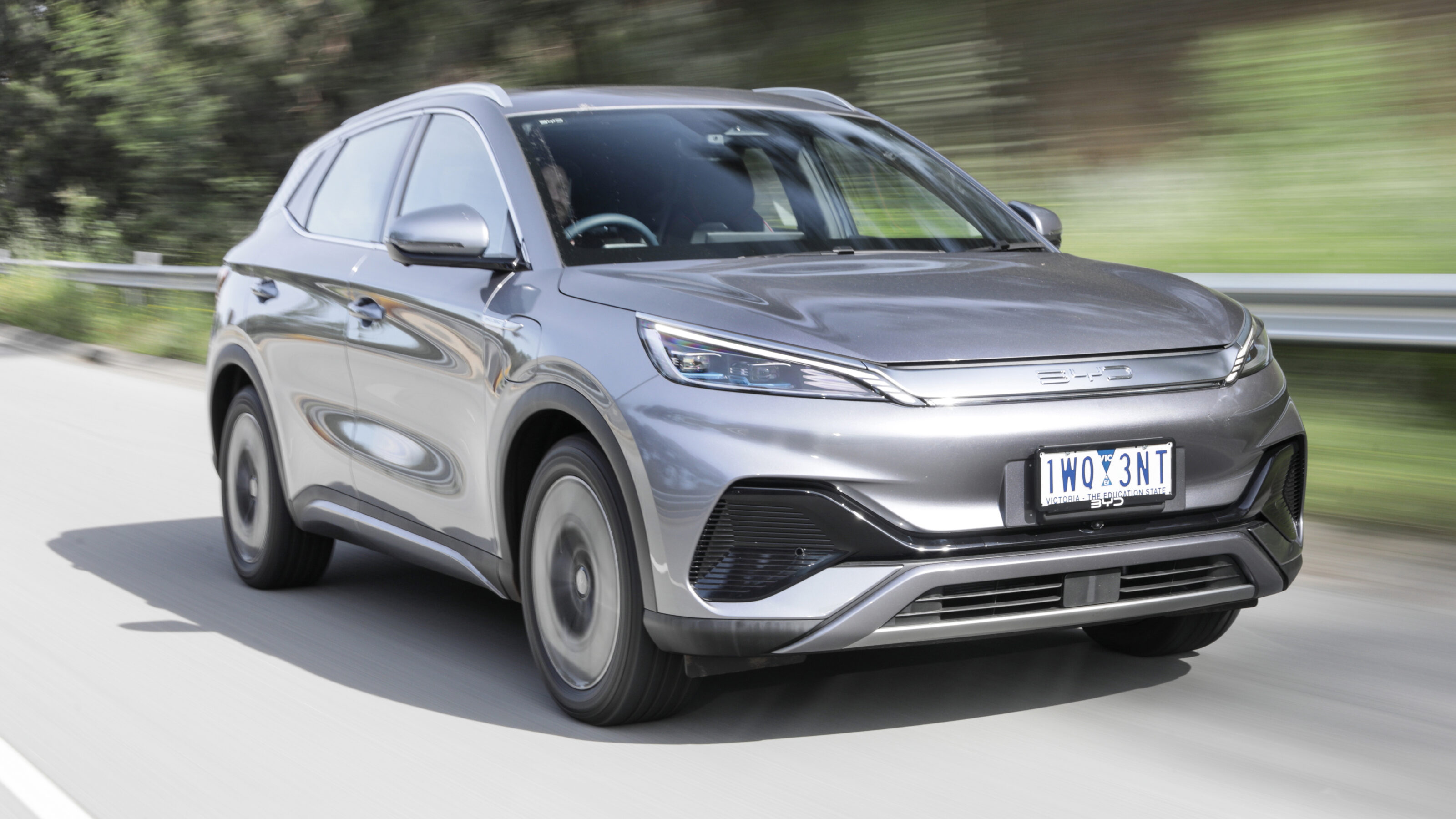
The Volkswagen Group, Ford, General Motors and Toyota have all previously raised concerns via Reuters, Motor Trend and Motor1 for adopting Apple CarPlay and Android Auto smartphone projection systems as sharing too much data with the tech giants.
Both Toyota and Porsche have been reluctant to implement Google’s Android Auto in particular due to privacy concerns, but have now conceded.
We recommend
-
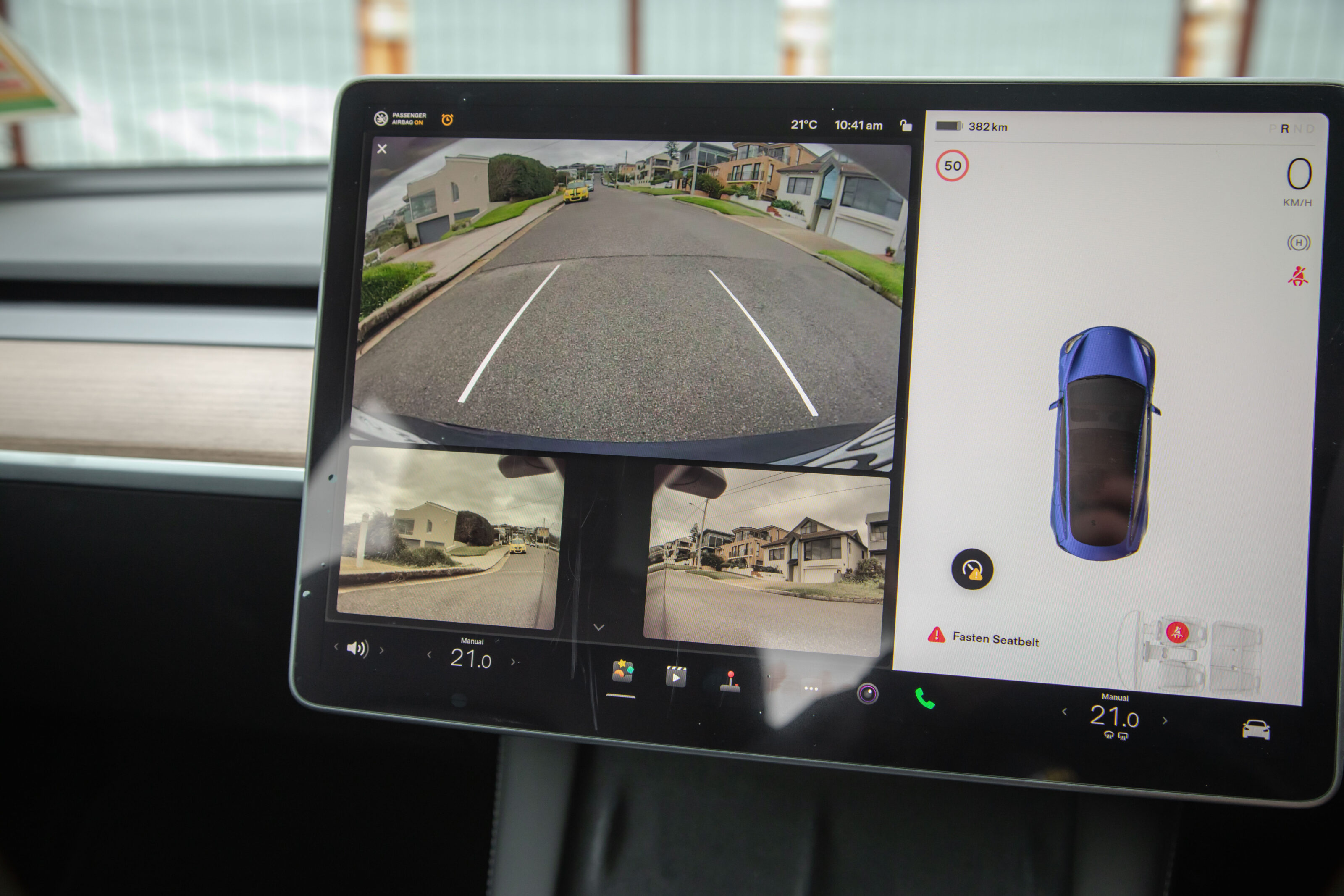 News
NewsTesla to remove ultrasonic sensors, despite camera-only tech lacking key features
Tesla's electric vehicles will soon be built without some promised features – but Tesla says a future update will resolve this
-
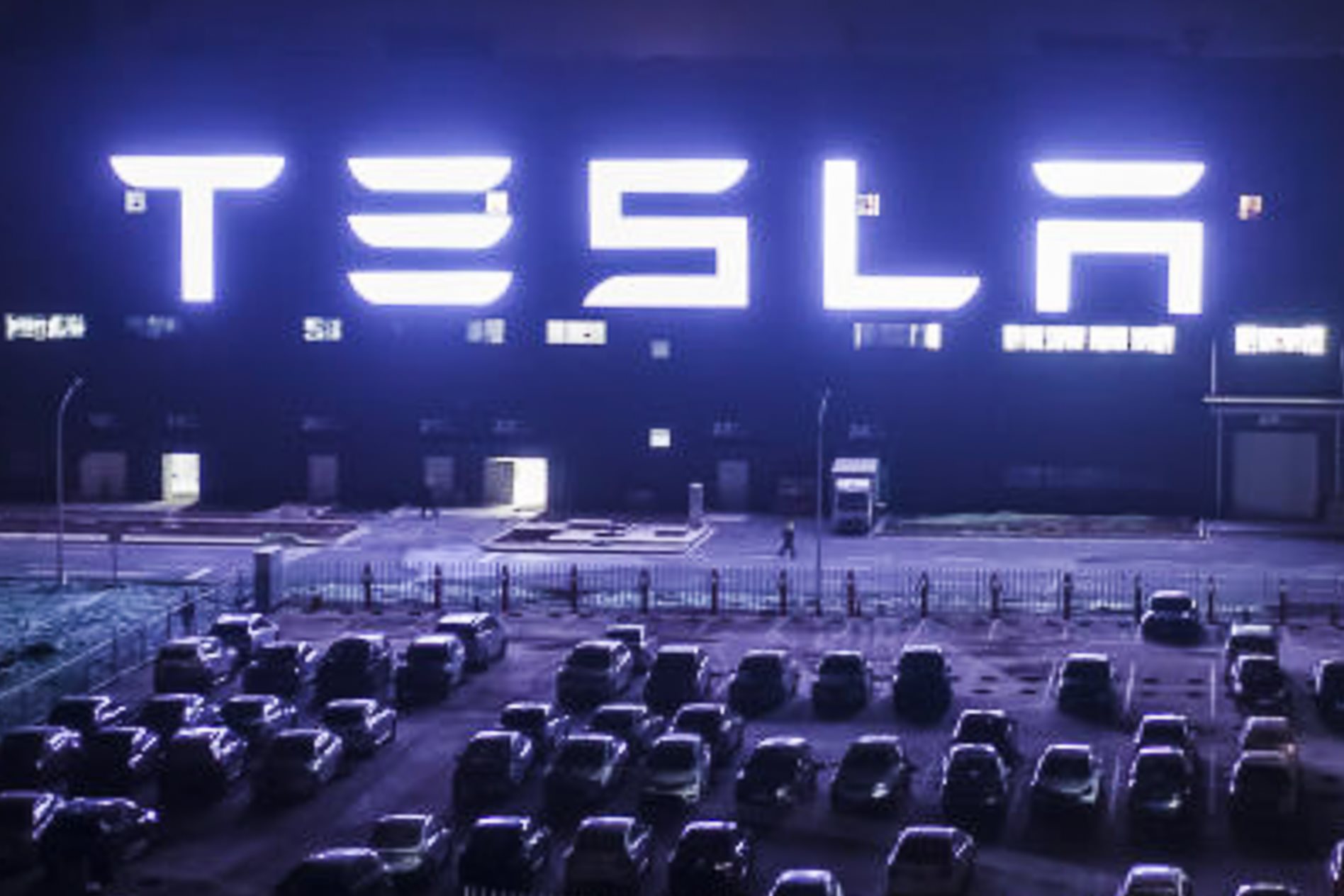 News
NewsCould Tesla’s new battery break the ICE/EV divide?
A five-year plan to reinvent the lithium-ion battery may see Tesla be the first to make an EV as cheaply as a fossil fuel car
-
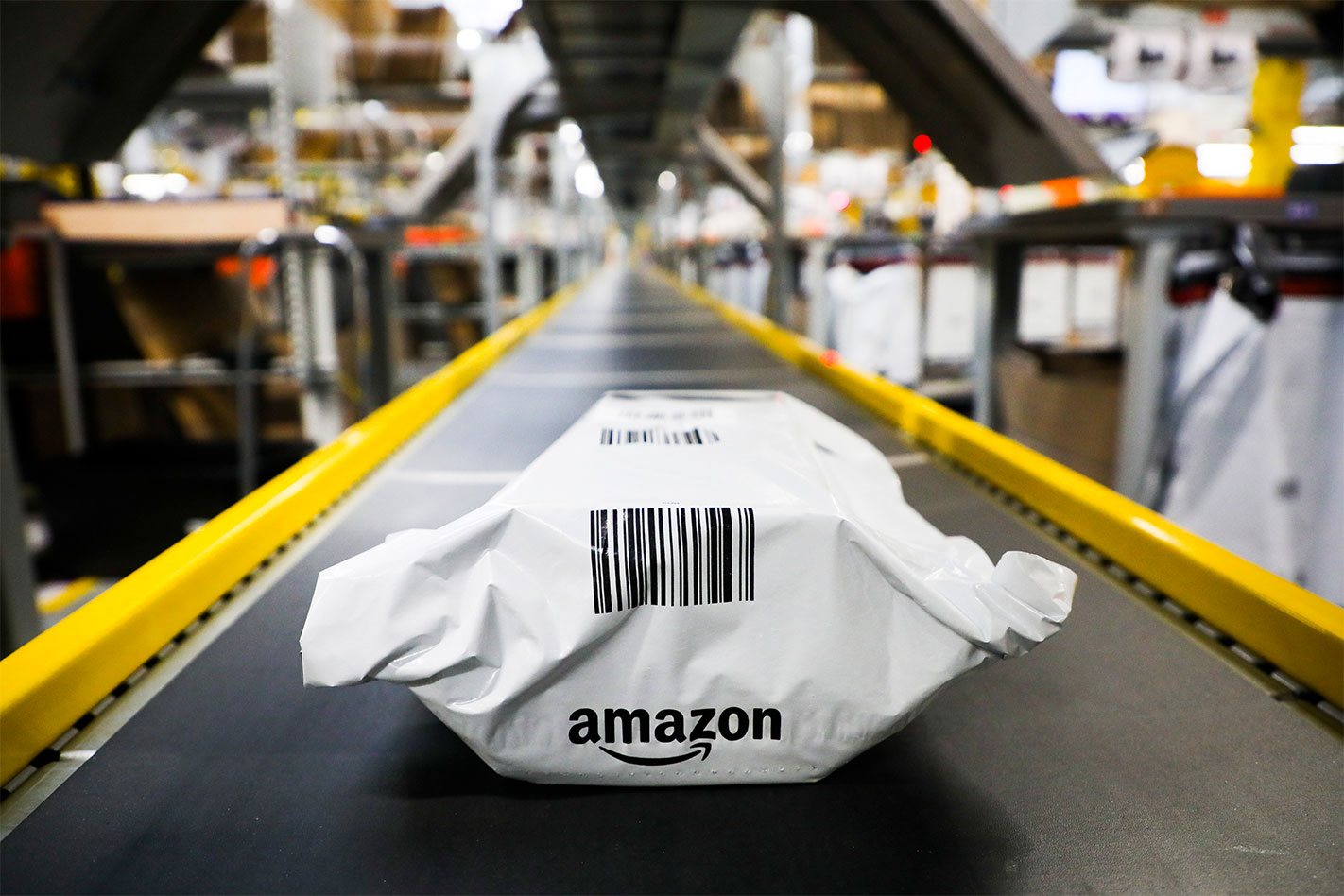 News
NewsEVs, robots and self-driving tech: What is Amazon planning?
Jeff Bezos is investing heavily in automotive, but what does it mean?

